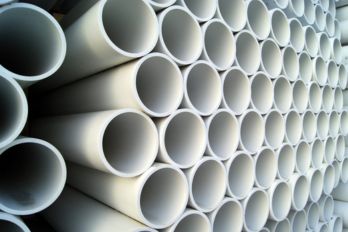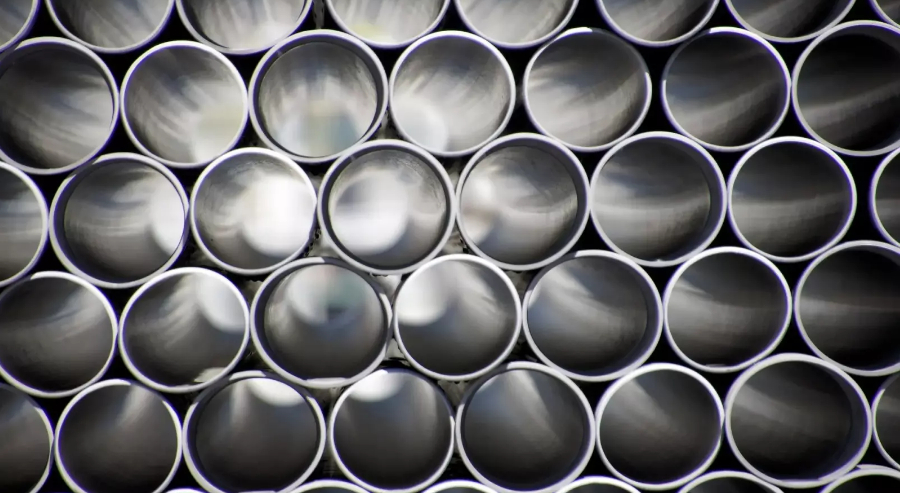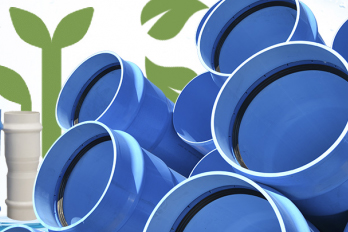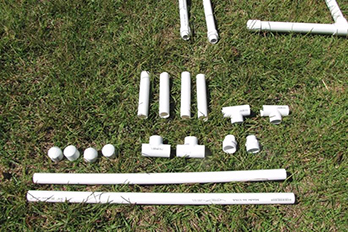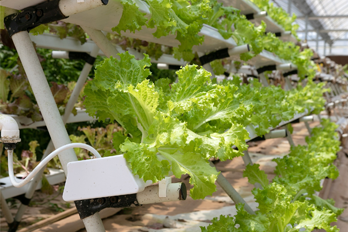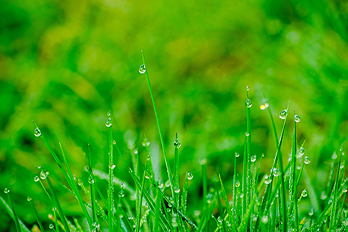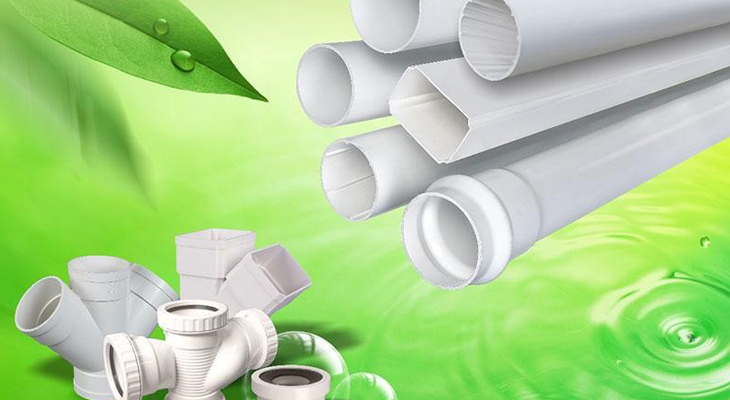
The Future of PVC Pipes in Sustainable Development
With the characteristics such as affordability, durability, and ease of installation, PVC Pipes remain a popular choice for drainage and plumbing systems. The market for PVC Pipes has significantly grown with time and has strengthened with the increased demand for needs like construction, urbanization, infrastructure, etc. This article throws insight into the future of PVC pipes in ensuring sustainable development.
PVC Pipes: Rising Demand and the market trends
Being the synthetic polymer of plastics, PVC has been considered the most affordable solution while sticking to the purpose of the customers. Based on recent research, plastic is considered a sustainable choice to choose for pipeline systems compared to traditional piping components like Concrete, Iron, Copper, etc., making it the best throughout the processes that range from manufacturing, installation, and to usage. The PVC global market is estimated to grow at 5.9% CAGR from 2020 to 2030, according to a study. Both domestic projects and various industrial applications such as construction, irrigation, and water supply units widely make use of PVC pipes. PVC contributes to sustainability on a scale of factors like:
- Conservation of natural resources;
- Prevention of acidification or eutrophication due to leakage;
- Prevention of global warming;
- Protection against ozone layer depletion.
Role of PVC Pipes towards building a sustainable future
Low Carbon Footprint
When we think of global warming, carbon dioxide (CO2) emission is a crucial factor to be highlighted. The materials we use in everyday life could emit CO2 during the process of manufacturing, consumption or even after discarding them. However, if you make a comparison with the other metal and glass products, PVC is a material that least emits Carbon Dioxide. Also, PVC needs relatively low energy for the manufacturing process. Hence the carbon emissions are very low in PVC production which creates a positive impact on the ecosystem.
No exploitation of Natural Resources
PVC consists of 57% Chlorine, derived from the common salt, which is present on Earth in large quantities. PVC also saves non-renewable resources such as oil. While plastics entirely rely on oil, PVC contributes well to the development of a sustainable environment.
Sanitation & access to clean water
Many people across the globe lack access to basic sanitation facilities and clean water. PVC pipes can provide durable, safe and affordable piping systems to cater to your drinking water and sewer system applications. The water and sewer pipes or fittings made using PVC are leak proof, thereby increasing the water utilization efficiency, thereby reducing the contamination of groundwater and soil.
Abundant food production
Food production worldwide should be highly efficient to feed a large population and achieve sustainable development. With clean water that flows through the PVC pipes, you can obtain high crop yields. In several parts of the world, PVC water pipes can transform arid areas to rich farmlands. PVC popes are also the widely accepted material to encourage urban farming that activates sustainable food production in continuously developing cities around the globe.
Good health and well-being
Ensuring good health and well-being during all ages is significant for sustainable development. To hit this target, safe sanitation, clean water and secure sewer systems are necessary. Utilizing secure, cost effective and long lasting PVC Pipes help you get access to all the required needs like water, sanitation, construction, etc.
Summing Up
Due to the growing demand for urbanization and infrastructure development, the PVC Pipe market is estimated to keep taking new heights. PVC pipes have a huge application segment with great market share, while contributing well to the sustainability practices. Since they provide affordability and durability, they are highly beneficial in making their role inevitable in building eco-friendliness and a sustainable future ahead.
 ISO 9001:2015 Certified Company
ISO 9001:2015 Certified Company ISI certified IS: 4985, IS: 9537
ISI certified IS: 4985, IS: 9537
